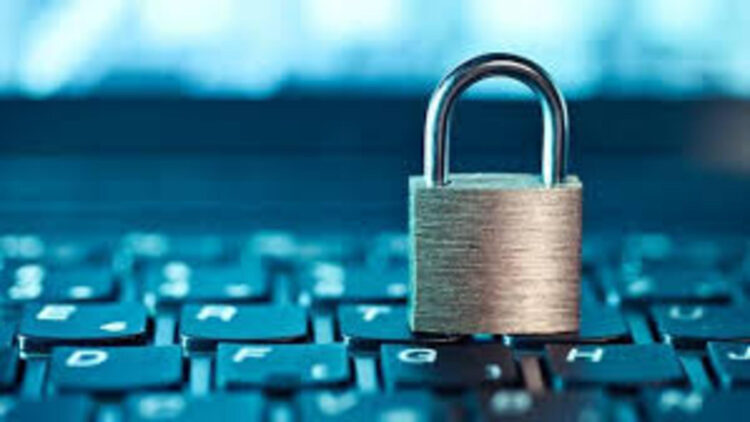Our privacy online has always been under attack and hard to protect. Companies and users alike fight every day to keep their data and passwords safe in a myriad of ways, and since criminals will do crime regardless of ethics, it really is up to all of us collectively to ensure that we remain educated and take all necessary precautions to keep our information safe online.
The process has always been a tradeoff, we may access the world, interact with the information, make purchases, but in exchange we must create accounts and give out information, making ourselves vulnerable to attacks. These accounts are the main gateway into our lives, and to protect them we have created more and more complicated passwords to avoid someone getting into them.
Why passwords are so important to protect our privacy and information from cybercriminals
In the beginning of the internet, we did not think of passwords as an integral part of our security, after all, who would want to hack into our online shopping accounts and for what? Well, information is connected, and by accessing our favorite online shop a skilled hacker can access our address and our bank details, making us vulnerable to credit card fraud amongst other things.
Of course all the vendors included in the transaction have their own security protocols and it would be quite hard to access the data without a lot of planning or help, but it is still a concern. What is more concerning is that many of us continue to either reuse passwords despite plenty of warnings not to or use the same style of passwords, which makes us quite vulnerable to attacks as soon as one account is breached.
This is why we have all been encouraged for years to make “strong” passwords, which are long, contain random letters, numbers, signs and lower and upper case letters interspaced. The minimum recommended password length is at least 12 characters long but tech giant Microsoft says “14 or more is better.” The problem with this much randomness is that, unless you have a very good memory or some kind of mnemonic rule (which, if obvious can defeat the purpose of a strong password) they can be hard to remember, which will mean people will either write them down, making them vulnerable, or use simpler combination that has to do with a phone number or date of birth that we will remember.
This is exactly the kind of information cybercriminals look for when attempting to breach accounts. They often target easily accessible details like names, nicknames, or addresses, which are commonly found on social media.
To enhance security, avoid using dictionary words, names of people, fictional characters, brands, or organizations in your passwords. Microsoft also advises creating passwords that are vastly different from previous ones and easy for you to remember but hard for others to guess. A strong approach is using a memorable phrase, such as “6MonkeysRLooking^,” to make it difficult for hackers to crack your credentials through brute-force attacks.
Luckily our cybersecurity nowadays does not just depend on passwords, many companies now make users “use two-factor authentication to provide an extra layer of defense against unauthorized access to your personal data and accounts.” This extra layer of security helps make your password a bit redundant, since, even if a criminal had access to it, they would also have to hack into your phone or email to retrieve the code that would allow you to enter into your account. This is all quite scary and complex, after all our entire lives are online nowadays, but with a bit of caution and luck, your information should never be compromised.

